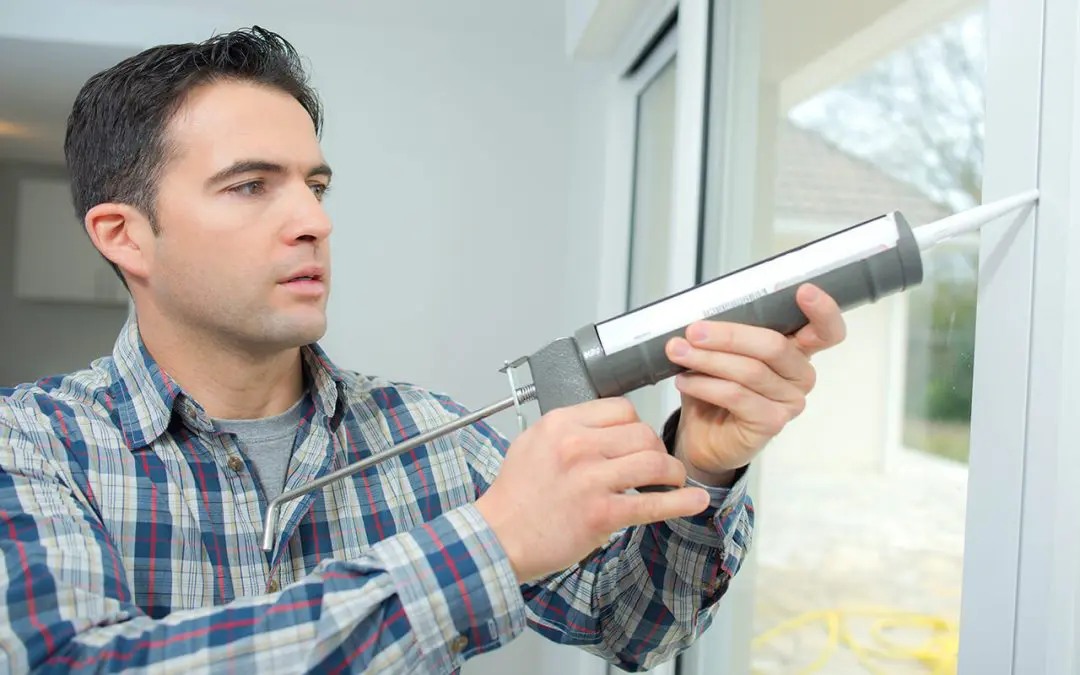As the temperatures rise and the flowers bloom, spring brings a sense of renewal and rejuvenation. However, along with the beauty of this season comes the resurgence of pests. From ants and termites to mosquitoes and rodents, pests become more active as they search for food, water, and shelter. To prevent infestations and keep your home pest-free, it’s essential to implement effective pest control measures. Here are seven essential spring pest control tips to help you protect your home.
1. Spring Pest Control Tips: Seal Entry Points
Inspect your home for any cracks, gaps, or openings that pests could use to enter. Common entry points include gaps around windows and doors, foundation cracks, and utility pipe openings. Seal these entry points using caulk, weather stripping, or wire mesh to prevent pests from gaining access to your home.
2. Keep Your Home Clean
Pests are attracted to food sources, so keeping your home clean and free of crumbs and spills is crucial for preventing infestations. Clean up spills promptly, store food in airtight containers, and regularly empty garbage cans. Pay particular attention to areas like the kitchen, pantry, and dining areas where food crumbs are most likely to accumulate.
3. Remove Standing Water During Spring Pest Control
Mosquitoes breed in standing water, so eliminate any stagnant water sources around your home. Check for clogged gutters, leaky outdoor faucets, and containers that collect rainwater. Empty bird baths, flower pots, and pet bowls regularly to prevent mosquitoes from breeding on your property.
4. Trim Vegetation
Overgrown vegetation provides hiding places and pathways for pests to access your home. Keep shrubs, trees, and bushes trimmed and away from the exterior of your home. Trim branches that overhang your roof or touch the sides of your house, as these can serve as bridges for pests like ants and rodents.
5. Store Firewood Properly
If you use firewood, store it at least 20 feet away from your home and elevate it off the ground. Piles of firewood stacked against your house provide shelter for pests like termites, ants, and rodents, increasing the risk of infestation.
6. Schedule Regular Pest Inspections
Prevention is vital when it comes to pest control. Schedule regular inspections with a licensed pest control professional to identify and address potential pest problems before they escalate. A trained technician can spot early signs of pest activity and recommend appropriate treatment options to keep your home pest-free.
7. Spring Pest Control Requires Yard Maintenance
A well-maintained yard not only enhances the appearance of your property but also helps deter pests. Keep grass mowed, remove weeds, and maintain landscaping mulch to reduce harborage areas for pests. Consider using pest-resistant plants in your garden to minimize pest attraction.
Following these seven spring pest control tips, you can protect your home from unwanted invaders and enjoy a pest-free living environment throughout the season. Be proactive in implementing these measures to keep pests at bay. If you encounter persistent pest problems, don’t hesitate to seek professional pest control assistance to address the issue effectively. With a proactive approach to pest control, you can enjoy a pest-free home and peace of mind all spring long.
Pest Control FAQs
What are the health risks associated with pest infestations?
Pests can carry diseases, contaminate food and surfaces, and trigger allergies or asthma in some individuals. For example, rodents can spread diseases like salmonella and hantavirus, while cockroaches can exacerbate asthma symptoms.
When should I consider hiring a professional pest control service?
It’s advisable to hire professional pest control services if you have a severe or persistent pest problem, if the pests pose health risks, or if you’re dealing with pests that are difficult to control on your own, such as termites or bedbugs.
Are there eco-friendly pest control options available?
Yes, many pest control companies offer eco-friendly or “green” pest control options that use environmentally friendly products and techniques to control pests while minimizing harm to the ecosystem. These may include natural repellents, biological controls, and integrated pest management strategies.
Are pest control treatments safe for pets and children?
Professional pest control companies use products and techniques approved by regulatory agencies and designed to minimize risks to humans and pets. However, it’s important to follow any safety instructions the pest control technician provides, such as temporarily vacating the premises during treatment.
Home Inspectors of Columbus offers inspections to homebuyers and sellers in the Chattahoochee Valley of Georgia. Contact us to schedule our services.

